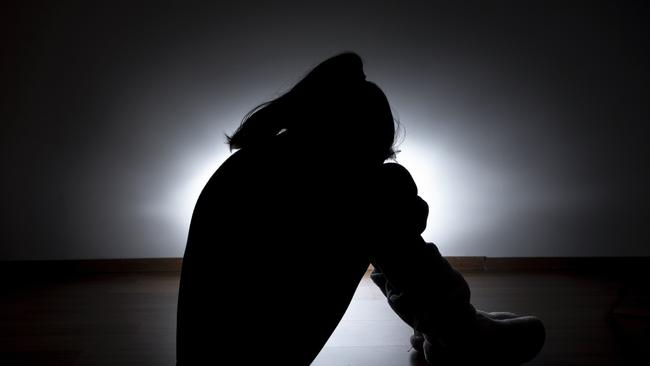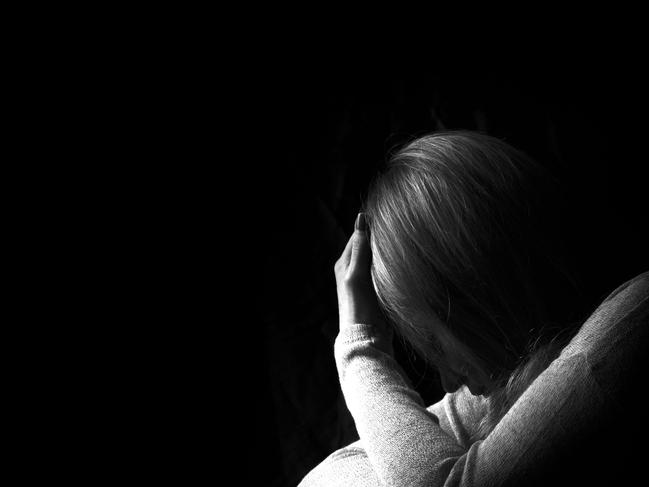Coercive control to be written into Qld criminal law
This elusive form of abuse can be hard to spot and sometimes it’s only after leaving that the signs become visible – but sometimes that’s too late.

News
Don't miss out on the headlines from News. Followed categories will be added to My News.
The signs can be hard to spot. The manipulation, the possessiveness, gaslighting and intimidation.
What started out as subtle forms of emotional abuse later turned physical, and it was only after leaving her past relationship that Jade* realised she had been experiencing years of coercive control.
Jade, a sixth generation Mardigan woman, has lived in Toowoomba most of her life and as someone who experienced DV in her past relationship she is now helping others who are in her shoes.
“I think it plays a big part in domestic violence and I was one of those people that didn’t realise that I was going through coercive control myself,” she said.
“It only took until just recently to realise, ‘oh my gosh that is what I was going through this whole time’.”

Hannah’s Law was passed in Queensland in March 2024 and is coming into effect on May 26.
The law means that coercive control will become a criminal offence in the state, with a maximum penalty of 14 years imprisonment.
The law is coming into effect in the name of Hannah Clark and her three children who were killed by her ex-partner in Brisbane five years ago.
Coercive control can be either physical or non-physical abuse, or both, and is used to hurt, humiliate, isolate, frighten, or threaten a victim-survivor.
The law will apply to abusive behaviour that happens starting the day it comes into effect.
Jade said her ex-partner became possessive, controlling, and started monitoring what she did online.
“Trying to control who I spoke to, trying to control who I was friends with,” she said.
“Just the jealousy, possessiveness, and obsessiveness. I would not have even thought that was domestic violence, but I think about it now and it really really was.”
Jade went through the worst of the abuse in 2024 when she finally got police involved.
She said it took her a long time to leave that relationship because she hadn’t recognised the signs of coercive control and she was afraid to ask for help.
“If you are someone that’s experiencing domestic violence I know how daunting it can be to speak up,” she said.
“I used to be one of those people that was like ‘I don’t want to reach out for support’ or I was ashamed to reach out.”
She made a referral with DVAC and started family counselling.
Jade now works for DVAC as an Indigenous DFV specialist and wants people to know there is support out there.
Jade said DV can happen in any relationship from any background but it can be heightened in Aboriginal and Torres Strait communities because of deep rooted intergenerational trauma caused by the stolen generation and drug and alcohol abuse.
“Unfortunately DV is a big thing in our First Nations community,” she said.
“I see that our people need the support.”
She said there is no excuse for abusive and coercive behaviour but she knew her ex-partner also hadn’t got the help he needed from a young age.
“The reason he was using violence towards me was because of his traumas that he hadn’t healed from,” she said.
*Name has been changed for privacy reasons.
Originally published as Coercive control to be written into Qld criminal law


